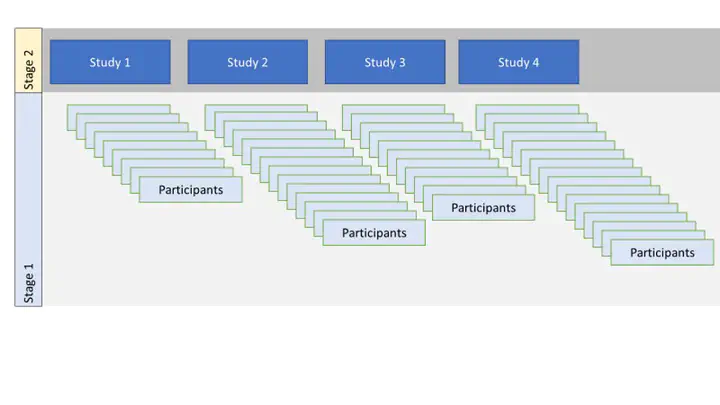Investigating for Whom Brief Substance Use Interventions are Most Effective: An Individual Participant Data Meta-Analysis

Abstract
Prior research suggests that brief interventions (BIs) for alcohol and other drug use may vary in effectiveness across patient sociodemographic factors. The objective of this individual participant data (IPD) meta-analysis was to explore for whom BIs delivered in general healthcare settings are more or less effective. We examined variability in BI effects by patient age, sex, employment, education, relationship status, and baseline severity of substance use using a two-stage IPD meta-analysis approach. All trials included in a parent aggregate data meta-analysis (k = 116) were invited to contribute IPD, and 29 trials provided patient-level data (12,074 participants). Among females, BIs led to significant reductions in binge alcohol consumption (g ̅ = 0.09, 95% CI [0.03, 0.14]), frequency of alcohol consumption (g ̅ = 0.10, 95% CI [0.03, 0.17]), and alcohol-related consequences (g ̅ = 0.16, 95% CI [0.08, 0.25]), as well as greater substance use treatment utilization (g ̅ = 0.25, 95% CI [0.21, 0.30]). BIs yielded larger reductions in frequency of alcohol consumption at 3-month follow-up for individuals with less than a high school level education (g ̅ = 0.16, 95% CI [0.09, 0.22]). Given evidence demonstrating modest BI effects on alcohol use and mixed or null findings for BI effects on other drug use, BI research should continue to investigate potential drivers of effect magnitude and variation.